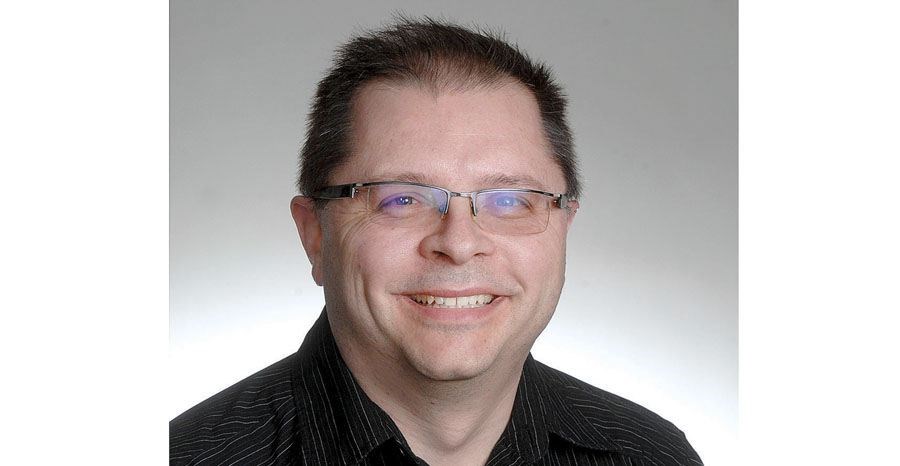Next Wednesday, area residents have been invited to a public open house at Vanway elementary school, from 5:30 to 7:30 p.m., to hear about a proposed dog kennel and breeding facility at the former Haldi Road school. City staff and the kennel operator will be on hand to answer questions about the application for approval form city council.
This is in stark contrast to the battle that raged for years over the first plan to redevelop the former Haldi Road school. The Northern Supportive Recovery Centre for Women would have housed a 30-bed facility on the 10-acre site. It's a great idea and a treatment option is still needed for the city and region, but the proponents, mistakenly believing the area residents would welcome them with open arms, went straight to the city with their plan.
All hell broke loose as many of the neighbours rose up in opposition. Public information meetings didn't help because the proponents weren't in the position to change a plan they had already taken to government for approval and residents felt the meetings were a token effort at consultation. The political battle turned into two separate legal challenges.
The forces behind the recovery centre eventually came out on top, winning government approval for their plan, but they still decided to abandon their efforts. The victory was hollow because they hadn't received the social licence to proceed.
Enbridge tried the same thing, starting with government and then going to the public after, also with a good idea of building a pipeline to connect the Alberta oilsands to the Pacific coast and global oil markets.
No social licence, so even with tentative federal approval, the project is all but dead.
The UNBC board of governors is going down this same road with its choice of James Moore as chancellor. Moore quietly came to Prince George last Friday to meet with students, a noble effort that is too little, too late, to turn around the significant opposition to his appointment.
It didn't have to be this way.
The appointment of tenure-track faculty, all the way up to senior management and administration at UNBC, requires public consultation. A hiring committee prepares a shortlist and then asks those candidates to come deliver a public lecture on campus to their academic peers and to students, who are then free to ask questions afterwards. While the hiring committee retains the right to make its own choice (it's not a popularity contest, after all), the public engagement session provides valuable information for the selection committee, particularly the compatibility of the candidates within the university community.
Although unconventional compared to the way past chancellors were appointed, the chancellor position could have been filled the same way.
Instead, Moore decided to slip up to Prince George for a meaningless meeting with students, meaningless because he's already been named chancellor and the school's board of governors insists it not going back on its decision.
No social licence again.
For too many decision makers, talking it over seems like a sign of weakness.
Leaders make bold decisions and follow them through, they don't change their mind, they don't admit when they got it wrong and so on.
They haven't learned that a real leader is strong enough to be accommodating and open to suggestions. Any close-minded jerk can act tough and inflexible.
In the case of last summer's renaming of Fort George Park, it was the right decision that could have used some public consultation. The city's heritage commission and Lheidli T'enneh elders could have led those meetings, presenting the historical background for both Fort George and the Lheidli T'enneh. The racists would have stayed home, spewing hatred behind online pseudonyms, fearful of being outed in public, while a serious and open discussion between mature adults would have been had about Prince George's two histories - the one for white settlers and the one for the resident indigenous peoples - and how to reconcile those histories in a geographical space designed to bring people together.
Some people say talk is cheap, but communicating is what makes us human, what binds our society and our culture together. It has to be at the beginning of the process and continue throughout.
It can't be one-sided or merely symbolic.
Getting the Haldi residents to support a dog kennel in their neighbourhood is a great example how to bark up the right tree.
-- Managing editor Neil Godbout



